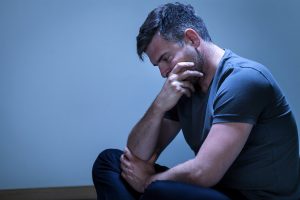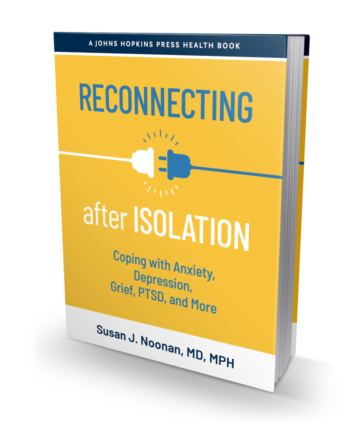What happens to us when large-scale tragic events occur and flood the media, and our social networks, with stories of loss and anguish? It can be extremely sorrowful and overwhelming even when we are not directly involved. We lose the lives of innocent people, a sense of society as we knew it, a sense of safety and security in our neighborhoods, and a system we had trusted. This has given many of us the opportunity to pause and think about the situation as a whole and our own situations in particular. We gasp at the thought of life being so short for some and grieve. We can’t help but wonder if that would apply to ourselves at some point. It’s the unexpected that chills us – being at a mall, a movie theater, crossing a street, the simple pieces that make up our days – when life can be stolen in a moment. We gasp at those unstable persons on the fringe of society having the ability to so easily obtain weapons directed against the innocent, and their knack of getting directions for doing so right from the internet!
These tragic events seem to be coming at a very rapid pace right now. With that we get information overload in explicit detail, almost instantaneously, repeated over and over in news cycles every 10 minutes. It feels as if we’re immersed in it from far across the country with no escape. It involves all kinds of tragedies – violent crimes, acts of terrorism, accidents, hurricanes/tornadoes, floods, or fires. I don’t know if it’s because we are more exposed to social media and news releases than in the past, and get immediate newsfeeds, or if it’s a new style of reporting where one news station cannot be outdone and miss a “hot” story so they tease us with exclusives. We are somehow drawn to watch these, sometimes obsessively. That’s not good for our emotional health.
Assuming that you’re not directly involved in one of these horrific occurrences, what should you do to protect yourselves and your loved ones? This is not meant to dismiss the severity of the tragic event and lives lost. Rather, think of it as a means to safeguard the life and well-being of those we love. First is to get accurate information. Once. Try not to watch or read the same news stories repeatedly. Change the channel or turn it off completely. Once you have the core information, try to come to terms with it if possible, knowing that there are some things in life for which there are no answers. For example: a bad thing that happened, it’s over, they have caught the bad guys, you were not involved and are now safe. If you have young ones around, explain it to them in language that is age-appropriate, and answer any questions they may have. Your job here is to be reassuring that you love them and will take care of them – children need to know they are safe.
Pay your respects in your own way to those who were lost, whether it be in a daily prayer, a kind thought, a note written, a flower planed in their honor. Then go about the events of your daily activities as you must, without allowing the events of the tragedy hang over you. You honor them most by protecting and maintaining that quality of life for which they lost their lives. Yes, there will be discussions around the water cooler at work. Participate for a short while then walk away. Perhaps you will make time in your day to take note of the little things that make up life and for which you are appreciative. A gesture from your partner. A nod from your boss. Maybe you’ll look at any negative interactions in a different light and not let them escalate into a fight. Perhaps you’ll telephone your elderly uncle to see how he’s doing and brighten his day. Things like that.
Moving on in your life is not being disrespectful to those who lost their lives. It’s a way for you to stand up for the culture and values that many in this country have fought so very hard to defend. If you don’t like the direction it’s going in, or fear for the loss of that standard and value system, then would be the time for you to become active in social organizations to enact change. At some point you may choose to become involved in concretely helping to change how society in general tolerates and deals with these kinds of things. Things like community watch programs, gun control programs, or putting pressure on your congressmen and senators. If you so choose.
If you find that you can’t separate your feelings of the event from the course of your daily life, that it’s become controlling and overwhelming to you, then it’s time to think about using coping strategies to restore balance in your life. You may feel stressed out, not sleep well, have physical ailments like headaches or stomach cramps, or you may be more irritable than usual. Coping strategies are the things we all do to ease the stressors and challenges of daily life. People use an extensive range of tactics for this purpose, such as distraction with hobbies or activities, relaxation exercises on a regular basis, self-soothing strategies, mindfulness-meditation, physical exercise, humor, and other techniques. Pick what works for you and try it!
In addition, keep up with the Basics of [Mental] Health. These include getting enough sleep, a healthy diet, daily physical exercise, having a routine and structure to your day, avoiding isolation and keeping up with your social contacts, and avoiding street drugs, alcohol and excess caffeine. If you still are having difficulty and feel haunted by the tragedies, it may be time for you to see a mental health professional for a short while.
Stay Well!
A version of this article first appeared on Psychology Today at https://www.psychologytoday.com/blog/view-the-mist/201607/coping-large-scale-tragediesv

